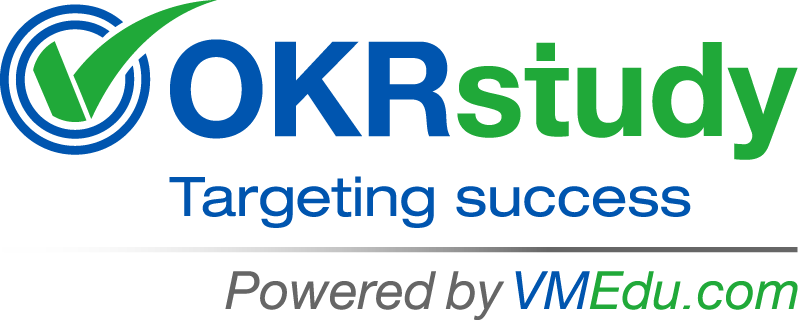8.1.2.1 OKR Review Meetings *
OKR review meetings are structured sessions where teams reflect on their OKR performance, assess execution effectiveness, and gather insights for improvement. These meetings, conducted at the end of each OKR cycle, provide a platform for open discussions about successes, challenges, and lessons learned. A well-facilitated review meeting ensures constructive feedback, fosters transparency, and promotes accountability across teams. The agenda typically includes a review of OKR scores, key achievements, blockers encountered, and areas needing adjustment. It’s essential to maintain a solution-oriented approach, focusing on refining future strategies rather than assigning blame. When conducted effectively, OKR review meetings empower teams to iterate on their processes and enhance performance in subsequent cycles.
For more information, see section 4.7.
8.1.2.2 Expert Guidance
Expert guidance, whether from OKR coaches, senior leaders, or industry consultants, provides an external perspective that enhances retrospective discussions. Experts bring a structured approach to evaluating OKRs, offering best practices, benchmarks, and insights based on experience. Their role includes helping teams identify gaps in goal-setting, execution inefficiencies, and opportunities for strategic alignment. Additionally, expert facilitators can ensure that review meetings remain productive, unbiased, and action-oriented. Their guidance helps organizations move beyond surface-level observations to uncover deeper organizational patterns affecting OKR performance. By leveraging expert insights, companies can refine their OKR processes and drive continuous improvement.
8.1.2.3 AI-enabled Digital OKR Tool
An AI-enabled digital OKR tool, such as Vabro, streamlines the retrospective process by providing real-time tracking, performance analytics, and reporting capabilities. Tools like Vabro, Perdoo, Lattice, Weekdone, and Ally.io centralize OKR data, making it easier to assess progress, trends, and execution effectiveness. These platforms automate OKR tracking, generate visual reports, and facilitate collaborative reviews, ensuring that retrospective meetings are data-driven and efficient. Additionally, digital OKR tools allow teams to document feedback, track adjustments, and align OKRs with company objectives. By integrating a digital tool into the review process, organizations improve visibility, accountability, and decision-making in their OKR execution.
For more information, see section 4.5.1.
